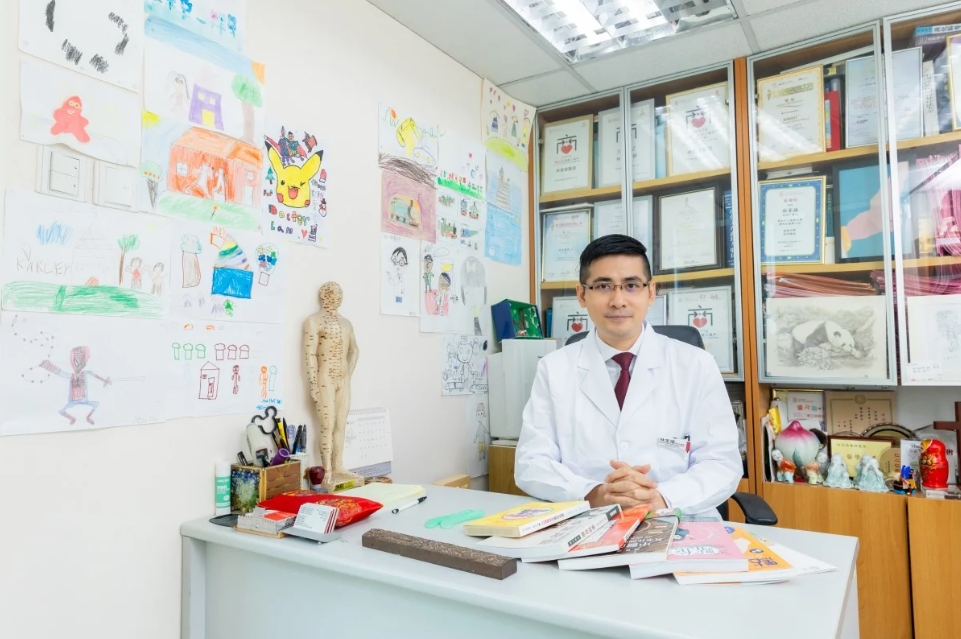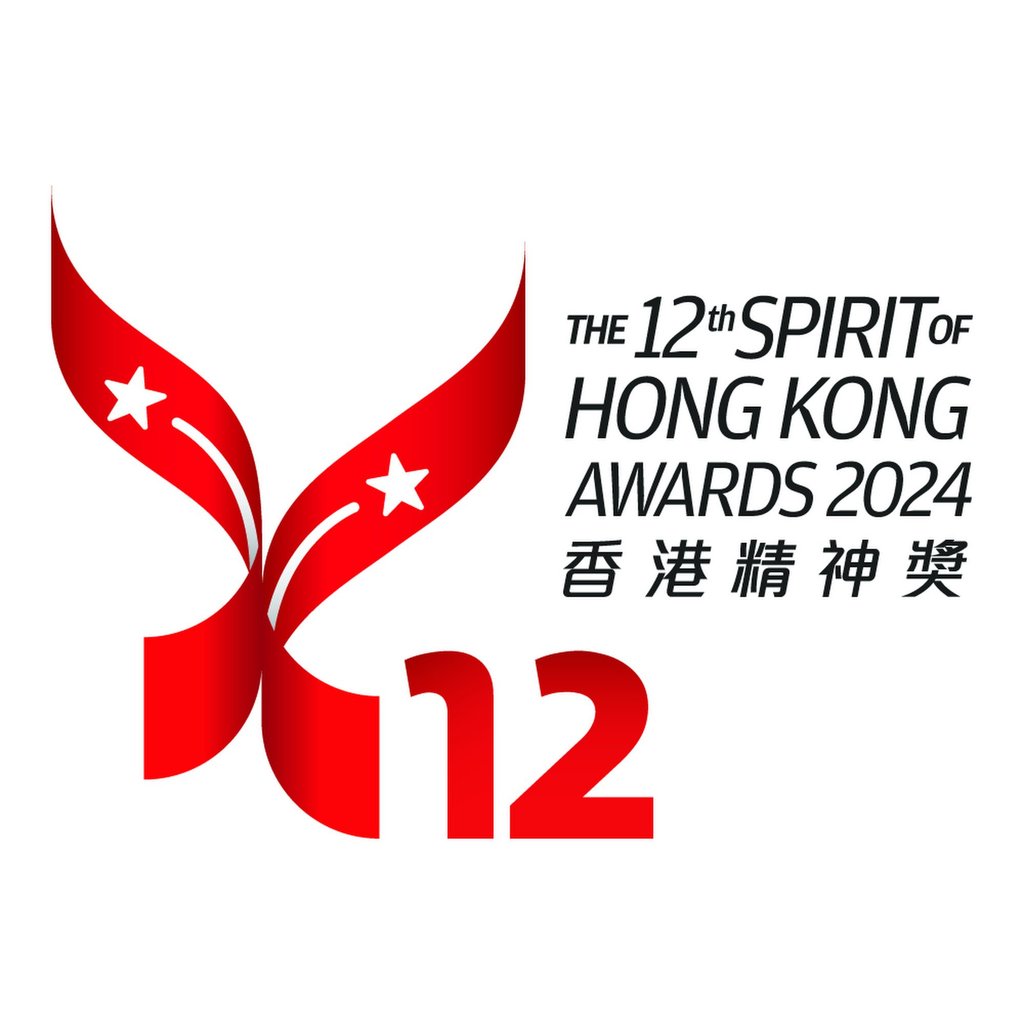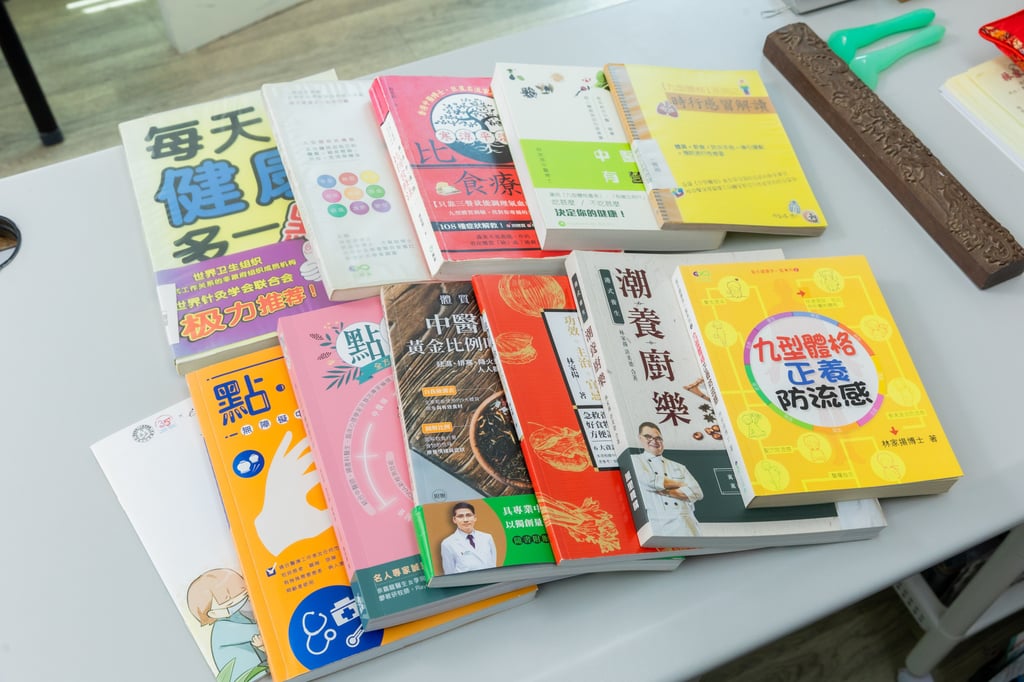
 i_need_contribute
i_need_contribute

For Hongkonger Lam Kar-yeung, traditional Chinese medicine (TCM) is a practice that goes far beyond herbal remedies, acupuncture, moxibustion and massage therapy.
“[TCM] is a way of life,” Lam said. “When your body’s constitution determines when you should sleep, exercise, eat and even work. That is what Chinese medicine is all about.”
While Lam said TCM was a holistic approach to health, where every daily habit played a role in maintaining well-being, the medical system had long been considered a traditional practice and its promotion was often limited.
“There’s very little promotion because it’s seen as more of a traditional culture. That is why I tried to innovate and modernise it,” the TCM practitioner said.
Through his volunteer group, Eli Care, which he co-founded, Lam has spearheaded efforts to bring TCM to a wider audience in creative and accessible ways.
Now Lam has been selected as a finalist for the Spirit of Hong Kong Awards 2024 in the culture category.

Photo: SCMP
The annual event, jointly organised by the South China Morning Post and property developer Sino Group, honours the achievements of remarkable people whose endeavours might otherwise go unnoticed.
Eli Care offers workshops and activities that integrate TCM into everyday life. One of Lam’s signature innovations is picture-guided acupressure, where participants learn about acupuncture points through simple physical movements while taking pictures.
“We were concerned that people might struggle to remember the TCM knowledge, so we developed a photo-guided system where they do not need to memorise the names of acupuncture points,” he said.
“Instead, they simply learn the numbers associated with each point, making it easier to know exactly where to apply pressure.”
Lam and his team have also integrated acupressure into various activities, such as dramas, songs and handwashing procedures, to make learning about TCM more engaging and memorable, especially for seniors and children.
“We also teach the elderly how to do ‘cane exercises’ because many of them are reluctant to use walking sticks because they feel it makes them look old or weak,” Lam said.
Lam’s approach also includes making TCM accessible to people with disabilities.
“We sometimes add fun elements, like using sign language to explain medical procedures, to help people with hearing impairments understand the process better,” he said.
Lam added that the goal was to make TCM not only relevant but also inclusive, so that more people could benefit from its therapies.
Beyond these practical innovations, Lam said he believed TCM played an evolving role in modern healthcare, particularly in collaboration with Western medicine.
“Many elderly people and patients with chronic diseases benefit from combining both systems, especially for the management of long-term symptoms such as pain,” he said.

TCM practitioner Lam Kar-yeung published numerous books in Hong Kong, mainland China and Taiwan. Photo: Kong Yat-pang
TCM principles could also supplement Western dietary concepts for better results, he said, highlighting that diet, seasons and food properties were deeply interconnected.
“The foods we eat should align with seasons. Each season is associated with specific elements, organs and types of foods can help maintain body balance. We should also be aware of the ‘cold-hot’ condition of our body and choose the right diet based on their ‘cold’ or ‘hot’ properties.”
However, he acknowledged that the integration of TCM into mainstream healthcare still faced significant challenges.
“There are barriers in terms of acceptance and professional collaboration,” he said.
But despite that, Lam said he continued to push for greater integration between TCM and Western medicine. He has also published numerous books in Hong Kong, mainland China and Taiwan, advocating a holistic approach to health and well-being.
Lam wrote those books in collaboration with a diverse range of professionals, including doctors, psychologists, geneticists, nutritionists, illustrators, chefs and fellow Chinese medicine practitioners.
Eli Care has also been shortlisted for the teamwork category of this year’s Spirit of Hong Kong Awards.